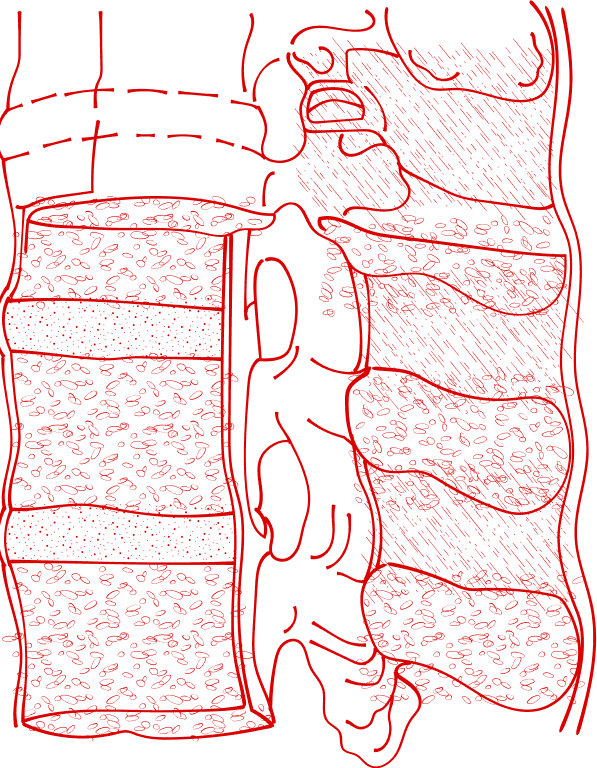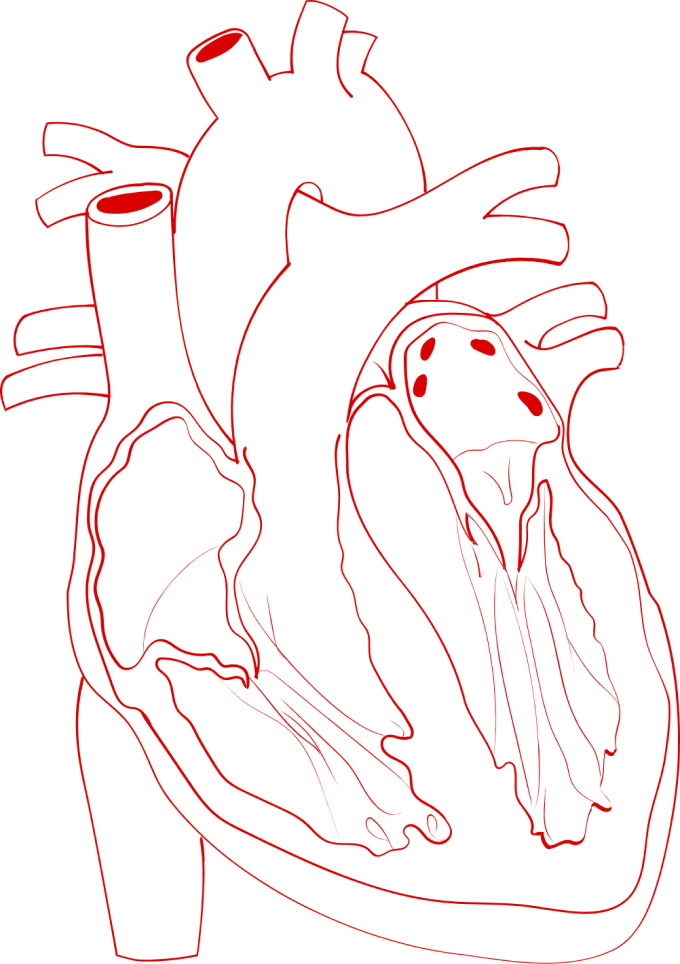Search



Research & Development Priorities
Our interdisciplinary research groups and studies in health care involve resources from several institutions. For this purpose, we have developed relations with higher educational institutions, medical and research institutions as well as health care companies and associations. It is possible to initiate and conduct various research projects on different topics. Research groups are ready to carry out research necessary for the study and resolution of practical issues facing commercial organisations.
The increase in research and development capability has been determined as one of the sub-objectives in College Development Plan 2021-2025. Internal resources of the College as well as national and international cooperation possibilities are increasingly implemented in research and development.
TAK is the strategic decision-making body in the area of research and development at the College, coordinating the research and development activities and giving input for the strategic directions of research and development in the Development Plan and action plan of the College. TAK members are Ulla Preeden, Kersti Viitkar, Anna-Liisa Tamm, Siret Läänelaid, Kersti Sõgel, Jaan Looga, Merle Varik, Eerik Jõgi.
TAK performance is led by the chair who is the rector of the College according to the field of responsibility identified in the Statutes of the Study and Research Structure and the rules of procedure at TAK.
TAK fields of activity
- Coordination of research and development activities of the College.
- Provision of input to the research and development directions in the Development Plan and Activity Plan of the College.
- Aggregation of the results of research and development projects.
- Counseling on the preparation of research and development projects and following their implementation.
- Guiding interdisciplinary collaboration in the research and development activity of the College;
- Guiding the organization of scientific conferences of the College and the publication of the collection of research articles.
Priority research areas in Tartu Health Care College:
1. Evidence-based learning and teaching
- Effectiveness of experiential learning (community service within the study process and its impact on the organization of studies)
- Impact of distance learning (focus on students, teachers, organization of studies)
- Appropriateness of assessment methods and assessment criteria for the achievement of learning outcomes
- Curriculum development (need for innovations, methodology)
2. Health awareness of society
- Diet; physical activity; mental health; prevention of infectious diseases
- Environment and health; reduction of health hazards
- Patient safety; people´s health education
- Health technologies
Applied research is aimed at the development of professions and the study process on the basis of evidence-based research in national and international cooperation with various interest groups. Research enables the teaching staff to integrate evidence based research with daily practice and use research results in teaching. The students participating in research studies acquire research and collaboration experience.
The research results are implemented in professional development and public health promotion, they are published and/or presented. The conduct of applied research supports internationalization and professional development of the teaching staff that is necessary for the launch of Master’s programs.
In the field of research, it is essential for the college to have a wide range of collaboration partners in society as well as among the representative of employers. The college responds flexibly to the research needs of society and the labour market and plans its research studies in collaboration with enterprises, public sector institutions and organizations of the third sector.

